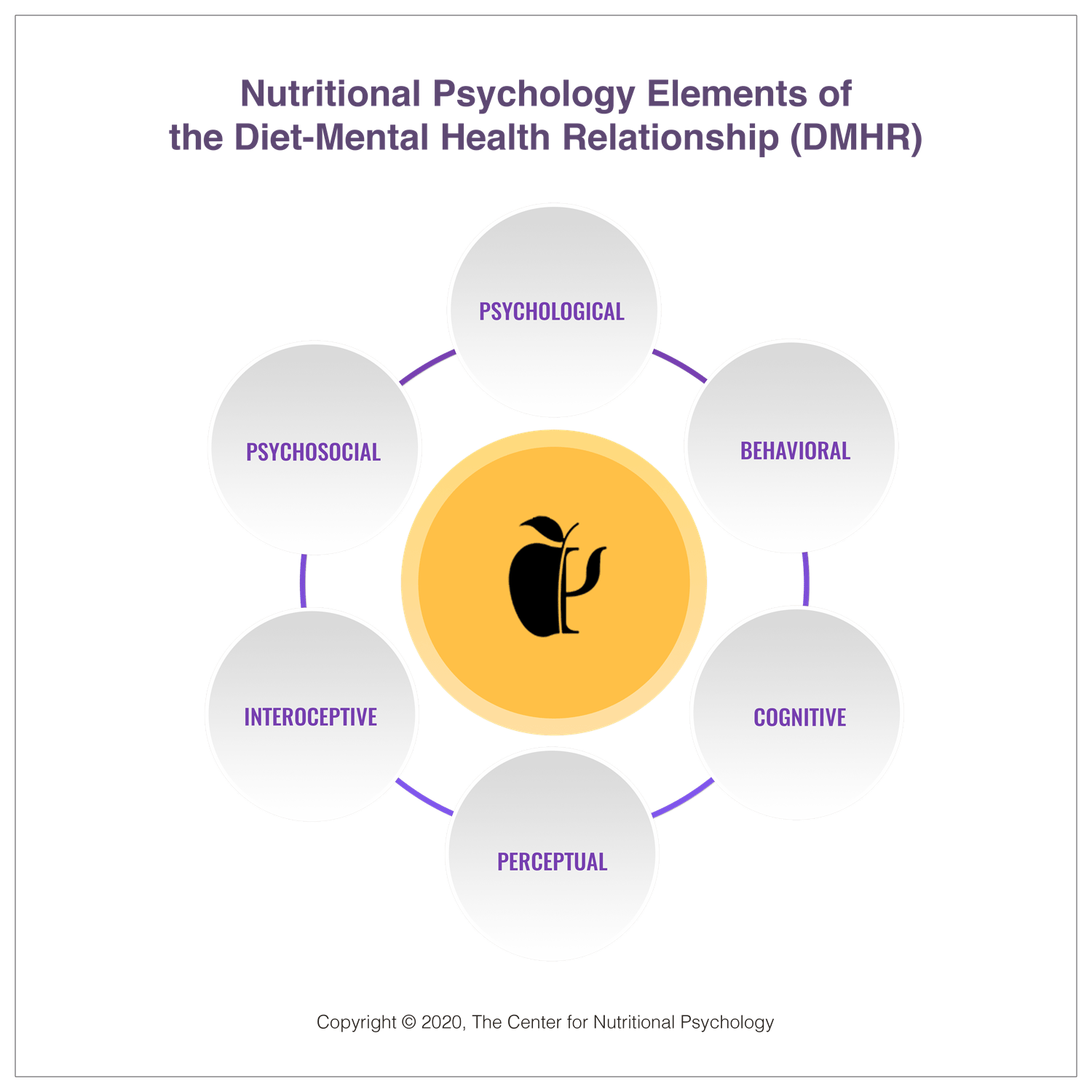Relationship Between Nutrition And Mental Health

Relationship Between Nutrition And Mental Health
Introduction
It’s no surprise that what we eat can have a huge effect on our physical health. But did you know that it can also have a major impact on our mental health? Eating right can help to reduce stress, improve your mood, and even boost your overall mental health. But just as eating the wrong foods can make us feel tired and sluggish, it can also take a toll on our mental health. In this article, we’ll take a look at the relationship between nutrition and mental health and what you can do to improve your mental health through diet.
The Link Between Nutrition and Mental Health
When it comes to nutrition and mental health, there is a strong link between the two. Eating a healthy, balanced diet can help to reduce stress and anxiety levels, improve mood, and even help to prevent depression and other mental health issues. While the exact link between nutrition and mental health is still not entirely clear, there are some theories as to why this relationship exists.
Nutrients and Mental Health
One of the primary ways that nutrition impacts mental health is through the nutrients that are found in the food we eat. Certain vitamins and minerals are known to have an impact on mental health, such as Vitamin B12, folate, omega-3 fatty acids, and zinc. Deficiencies in any of these nutrients can lead to an increased risk of depression and other mental health issues. Eating a balanced diet that includes foods rich in these nutrients can help to reduce the risk of mental health issues.
Gut Health and Mental Health
Another way that nutrition impacts mental health is through gut health. The gut is home to a diverse array of microbes, known as the microbiome, which play a key role in our overall health. Research has shown that the microbiome can have an effect on our mental health, and that certain foods can help to support a healthy microbiome. Eating a diet rich in fruits, vegetables, and probiotic-rich foods can help to support a healthy gut and, in turn, improve mental health.
Improving Mental Health Through Diet
The good news is that you can improve your mental health through diet. Eating a balanced diet that includes plenty of fruits, vegetables, whole grains, and lean proteins can help to improve your mood, reduce stress levels, and even help to reduce the risk of depression and other mental health issues. Additionally, avoiding processed and sugary foods, as well as alcohol and caffeine, can help to reduce stress levels and improve your overall mental health.
Conclusion
The relationship between nutrition and mental health is strong. Eating a balanced diet that includes plenty of fruits, vegetables, whole grains, and lean proteins can help to reduce stress, improve mood, and even help to prevent depression and other mental health issues. Additionally, avoiding processed and sugary foods, as well as alcohol and caffeine, can help to reduce stress levels and improve your overall mental health. By eating right and taking care of your body, you can help to improve your mental health.
The Deep Connection Between Nutrition and Mental Health - Infographic

Dietitians Online Blog: National Mental Health Month The Relationship

Pin on ! " A-Z about Herbal Medicine and Home Remedies

How Nutrition Can Improve Your Mental Health - YouTube

Link between Diet and Mental Health - Role of a Nutritious Diet on

The Nutrition of Mental Health Infographic | Mental Health | Pinterest

family support for mental health – Nutritional psychology

Nutrition & Mental Health

The Importance of Nutrition for Mental Health: Dr. Alex Richardson

Dietitians Online Blog: National Mental Health Month The Relationship
